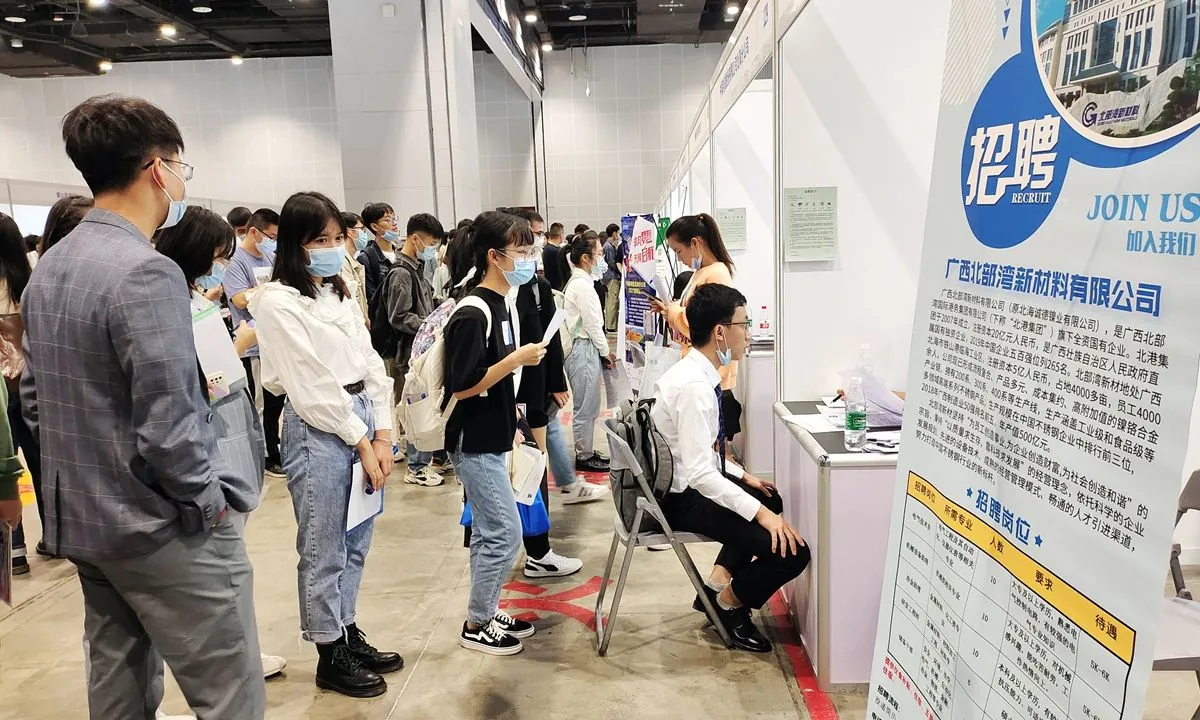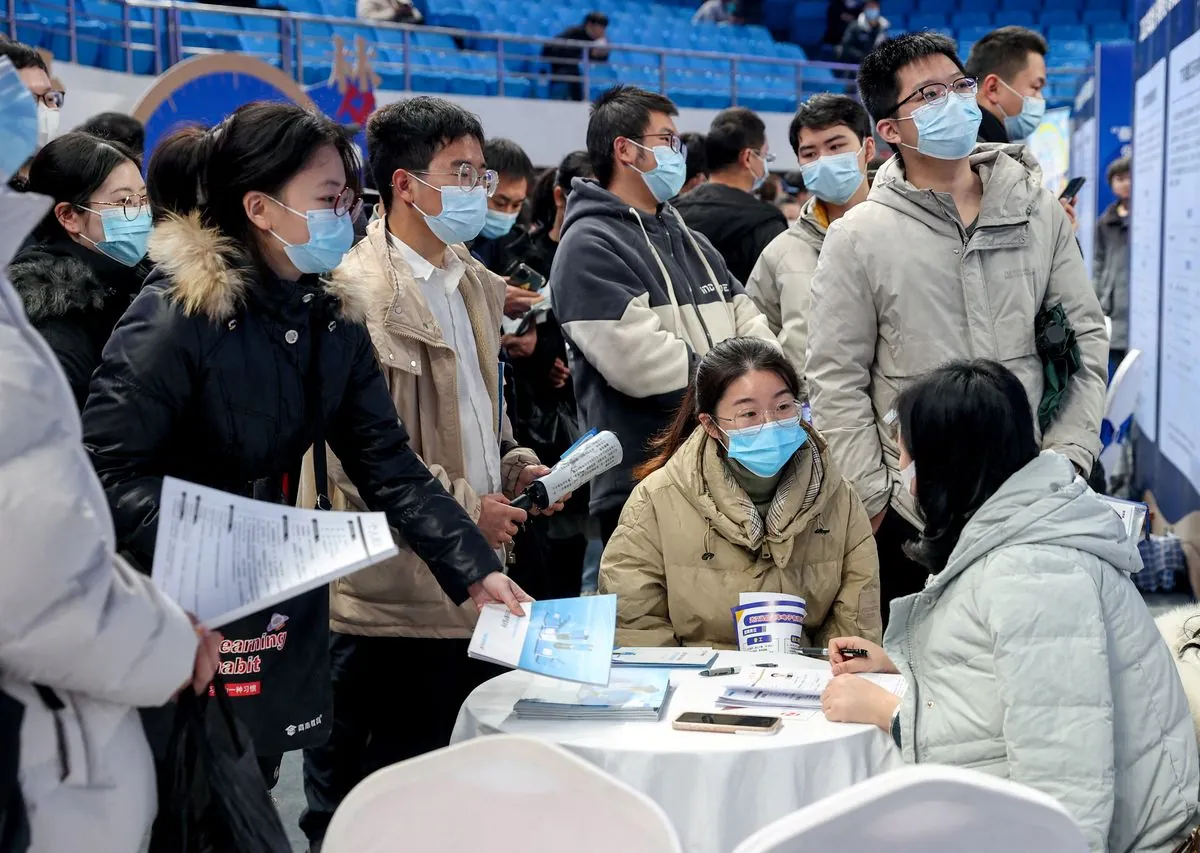China's Graduate Job Crisis: A Generation's Struggle in a Changing Economy
China's college graduates face a bleak job market, with record unemployment and limited opportunities. Many are forced to accept low-paying jobs or rely on family support, challenging the promise of upward mobility through education.

In China, the world's largest higher education system by enrollment is facing a significant challenge. A record number of college graduates are entering a job market plagued by high unemployment rates and limited opportunities, forcing many to reassess their career expectations and life goals.
The youth unemployment rate in China reached an unprecedented 21.3% in June 2023, highlighting the severity of the situation. One year later, in July 2024, the rate remained high at 17.1%, coinciding with the graduation of 11.79 million college students. This surge in job seekers has created a new social phenomenon known as "rotten-tail kids," drawing parallels to the unfinished "rotten-tail buildings" that have burdened China's economy since 2021.
Xi Jinping, China's President, has repeatedly emphasized the importance of youth employment. The government has implemented various measures to address the issue, including organizing job fairs and introducing supportive business policies. However, the effectiveness of these efforts remains uncertain in the face of ongoing economic challenges.

The current job crisis has forced many graduates to make difficult choices. Some have returned to their hometowns as "full-time children," relying on their parents' pensions and savings. Others have had to accept positions unrelated to their fields of study or with lower salaries than expected.
"If I worked for three or four years after my undergraduate studies, my salary would probably be similar to what I get now with a master's degree."
This situation reflects a broader issue of degree inflation and the mismatch between education and market demands. China's higher education expansion, which began in 1999, has led to an oversupply of graduates in certain fields. The government recognized this problem as early as 2007, but it has persisted and intensified in recent years.
The job market challenges are compounded by various factors unique to China's socio-economic landscape. The "hukou" system of household registration can limit job opportunities for graduates outside their home regions. Additionally, the concept of "guanxi" (personal connections) plays a significant role in job-seeking, potentially disadvantaging those without established networks.
China's slowing economic growth and regulatory crackdowns on sectors like finance, tech, and education have further constrained job creation. The prevalence of the "996" work culture (9am to 9pm, 6 days a week) in many companies has also led some young people to reconsider their career aspirations.
In response to these challenges, some graduates are exploring alternative paths. The gig economy has provided flexible work options for many, while others are considering further education or entrepreneurship. The Chinese government has been promoting innovation and encouraging graduates to work in rural areas as potential solutions.
Looking ahead, a study published by China Higher Education Research projects that the supply of tertiary students will exceed demand from 2024 through 2037. The number of new college graduates is expected to peak at around 18 million in 2034. This long-term outlook suggests that addressing graduate unemployment will remain a critical issue for China's policymakers in the coming decades.
As China continues to navigate these complex labor market dynamics, the experiences of its "rotten-tail kids" serve as a stark reminder of the challenges facing a generation caught between educational aspirations and economic realities.


































